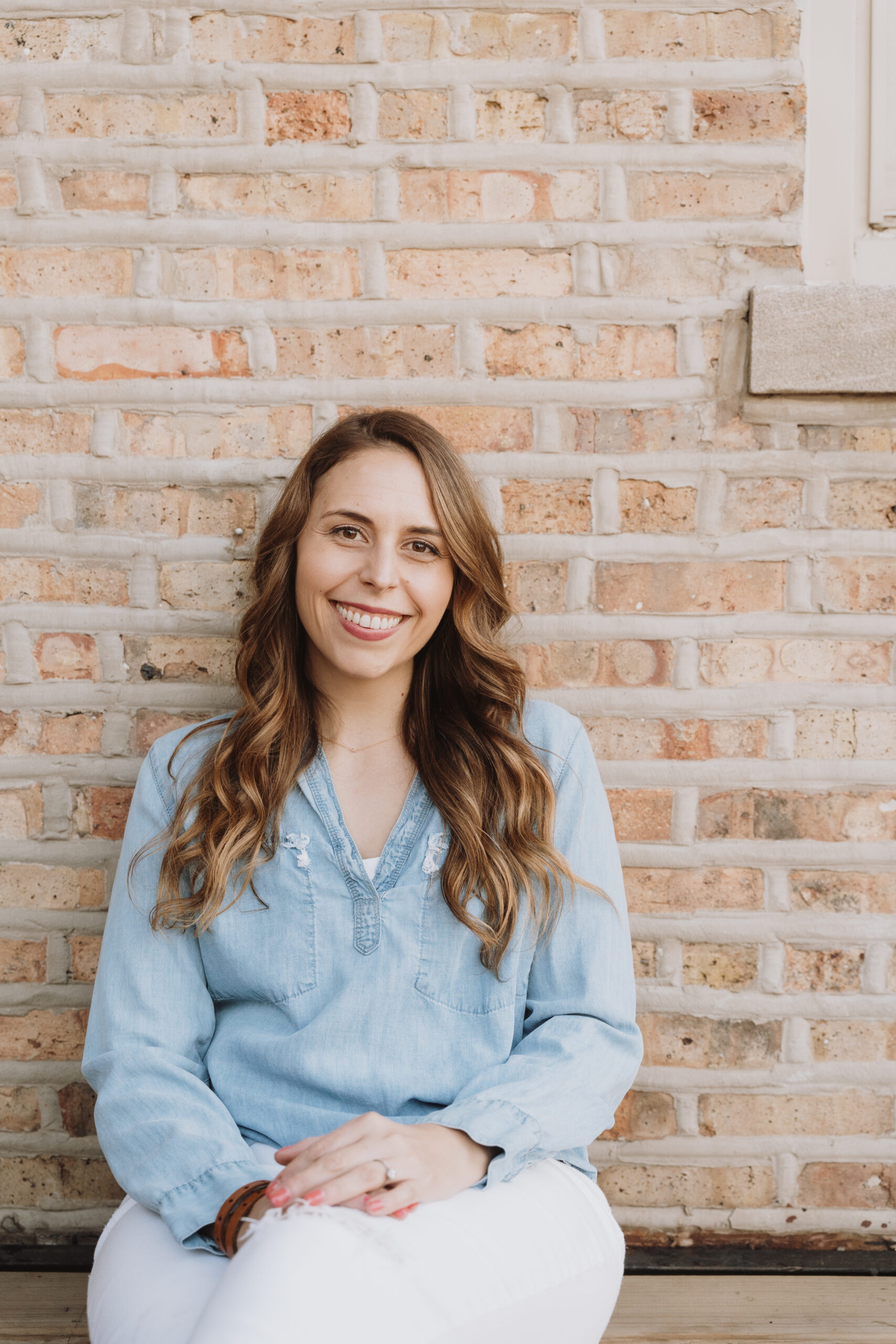How to Recognize and Challenge Uncomfortable Body Image Thoughts

Written By:
Category:
Cilla Moore
Recognizing and challenging uncomfortable body image thoughts can be a crucial step in creating a healthier relationship with your body. Here are some strategies to help you identify and address these thoughts:
Recognizing Uncomfortable Body Image Thoughts:
Being mindful is essential:
Be aware of your thoughts and feelings regarding your body. Recognize when negative or uncomfortable thoughts emerge. If these thoughts trigger a heightened sense of activation, understand that your body is signaling a feeling of unsafety. Instead of delving into why these thoughts surfaced or how to let them go, prioritize anchoring yourself back to a sense of safety. [insert your go-to grounding, coping strategies]!
Maintain a Journal
Record your thoughts and emotions that you are experiencing with your body. This tool can help you recognize patterns and triggers associated with negative body image thoughts. For instance, if you struggle with body checking, journaling can pinpoint the specific triggers and patterns behind this behavior. Additionally, bringing this journal to therapy or coaching sessions facilitates deeper discussions on the topic.
Identify Triggers
Acknowledge situations, surroundings, or individuals that often spark uncomfortable body image thoughts. This could involve scrolling through social media, particular clothing choices, or specific activities. During these instances, refrain from delving into the reasons behind these thoughts or emotions if they evoke strong reactions. Instead, focus on reassuring your body of its safety in these moments, demonstrating that you can experience security despite any triggers.
Physical Sensations Awareness
Pay attention to how your body responds when uncomfortable body image thoughts arise. These sensations convey valuable information about the discomfort you may be experiencing. Tension, tightness, or discomfort are cues that indicate you’re encountering a difficult moment regarding body image.
Challenging Uncomfortable Body Image Thoughts:
Take note, as I mentioned above, avoid challenging these thoughts when your emotional intensity is heightened. Instead, it’s more suitable to explore these thoughts when you’re experiencing a mild to moderate level of emotional activation.
1. Question the Thought + Identify Evidence: Challenge negative thoughts by asking yourself if they are based on facts or assumptions.
2. Get Curious: What is it about this thought that is creating a strong emotional activation? What is this thought trying to communicate to me?
3. Create an Intentional Thought Reframe: Replace negative thoughts with more balanced or positive ones that validate the here and now sensation, while acknowledging your healing work.
- If your emotional activation was in the high range, “I am having a strong emotional activation because I can feel the tightness around my waist in these jeans. I’m going to take note of this to explore later and change into pants that are more comfortable.”
- If your emotional activation was in the mild-moderate range, “I am upset that my body size is not accepted to be accommodated in this environment. That is hurtful. This doesn’t mean that my body size is wrong.”
4. Practice Self-Compassion: Treat yourself with kindness and understanding. Remind yourself that it’s okay to feel discomfort in your body. Especially given the society and culture that is actively discriminating against any body shape/size that is not the “ideal body standard.”
5. Focus on Function: Shift your focus from appearance to functionality. Appreciate what your body can do rather than how it looks. I know this is easier said than done. For example, “I don’t love the way that my arms look today, and I am thankful that I can use them to show my close friends and family how much I love them.” Or, “I am seeing my stomach with hurtful eyes right now, and I can express gratitude for the space that my stomach is providing for my digestive organs to exist and keep my body alive.”
6. Challenge Unrealistic Standards: Recognize that many societal standards of beauty are unrealistic and unattainable. Surround yourself with diverse representations of beauty to challenge these standards.
- Schedule a time to filter your social media to remove weight loss + other triggering ads
- Follow others that have diverse body shapes and sizes
7. Limit Exposure to Triggers: If certain environments or activities consistently trigger negative body image thoughts, consider limiting your exposure to them or finding ways to cope more effectively.
- Remove followers that you often compare your body to
- Unfriend/remove others that are often pursuing weight loss or sharing before/after photos
8. Seek Support: Talk to a trusted friend, family member, mental health therapist, recovery coach about your challenges with body image. You deserve support and validation!
Remember, challenging uncomfortable body image thoughts takes time and practice. Focus on creating small moments where you can experience safety and neutrality in your body. Be patient with yourself and celebrate those small victories along the way.
Cilla (IG: @itscillahope) is a licensed ED + Body Image therapist and Future Certified Intuitive Eating Counselor + Nutrition Coach based in Indianapolis! She has built a recovery community that is passionate about breaking free from any spectrum of disordered eating and finally stop talking negatively about your body!
Must Read Books To Break Out Of The Comparison Trap
Just so you know, I do review everything I recommend. When you buy through links on this page, we may earn a commission.
Untamed by Glennon Doyle
For many years, Glennon Doyle denied her own discontent. Then, while speaking at a conference, she looked at a woman across the room and fell instantly in love. Three words flooded her mind: There She Is. At first, Glennon assumed these words came to her from on high. But she soon realized they had come to her from within. This was her own voice—the one she had buried beneath decades of numbing addictions, cultural conditioning, and institutional allegiances. This was the voice of the girl she had been before the world told her who to be. Glennon decided to quit abandoning herself and to instead abandon the world’s expectations of her. She quit being good so she could be free. She quit pleasing and started living.
The Subtle Art Of Not Giving A F*ck by Mark Manson
⚠️ Trigger Warning: spicy language and some weight loss talk
There are only so many things we can give a f**k about so we need to figure out which ones really matter, Manson makes clear. While money is nice, caring about what you do with your life is better, because true wealth is about experience. A much-needed grab-you-by-the-shoulders-and-look-you-in-the-eye moment of real-talk, filled with entertaining stories and profane, ruthless humor, The Subtle Art of Not Giving a F**k is a refreshing slap for a generation to help them lead contented, grounded lives.
The Courage To Be Disliked by Ichiro Kishimi and Fumitake Koga
A thought-provoking self-help book that explores the profound teachings of Alfred Adler through a unique Socratic dialogue. It delves into the principles of happiness, relationships, and personal growth, challenging conventional beliefs and encouraging readers to embrace their individuality with courage and wisdom.
The Mountain Is You: Transforming Self-Sabotage Into Self-Mastery by Brianna Weist
This is a book about self-sabotage. Why we do it, when we do it, and how to stop doing it—for good. Coexisting but conflicting needs create self-sabotaging behaviors. This is why we resist efforts to change, often until they feel completely futile. But by extracting crucial insight from our most damaging habits, building emotional intelligence by better understanding our brains and bodies, releasing past experiences at a cellular level, and learning to act as our highest potential future selves, we can step out of our own way and into our potential. For centuries, the mountain has been used as a metaphor for the big challenges we face, especially ones that seem impossible to overcome. To scale our mountains, we actually have to do the deep internal work of excavating trauma, building resilience, and adjusting how we show up for the climb. In the end, it is not the mountain we master, but ourselves.
Ryann Nicole
Licensed Therapist, Certified Nutritionist, and Virtual Wellness Coach
Ryann is a licensed therapist and virtual wellness coach who has assisted individuals worldwide in establishing a healthier relationship with food and their bodies.
Are You Ready to Heal Your Relationship With Food?
I understand—it can be overwhelming to figure out where to begin. Let's simplify things and have you start right here:
Why Am I Overeating?
First Steps To Stop Binge Eating
The Food Freedom Lab Podcast
FREE QUIZ
FREE GUIDE
Podcast
the food freedom lab podcast


